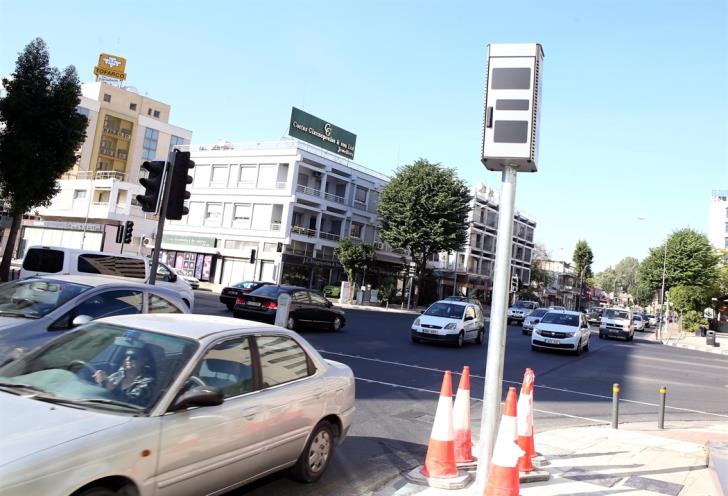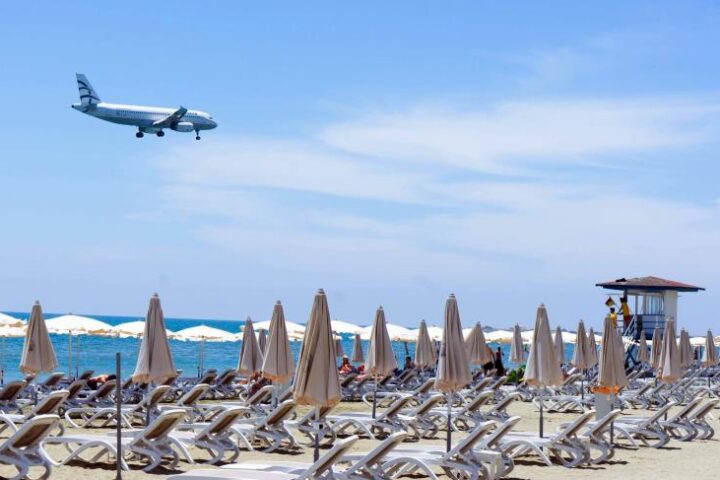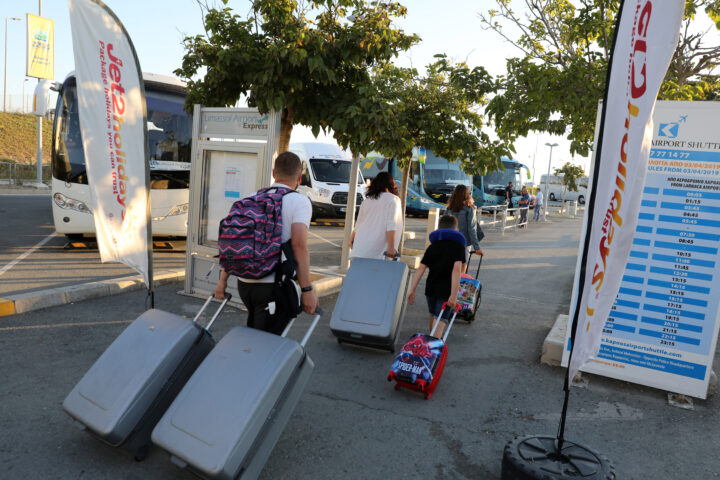The first batch of 6,000 tickets for driving offences recorded by the new traffic camera network was sent 40 days after the system went live, said Deputy traffic chief Harris Evripidou.
In comments to CyBC radio, Evripidou said the traffic camera network, which went live at the beginning of the year, has so far recorded more than 30,000 traffic offences.
“The first out-of-court fines are being sent by registered mail together with links and passwords to a website where offenders can see details of the traffic offence as well as photographs,” said Evripidou.
Once the drivers have been identified and notified, they will have 30 days to pay the fine from the day they received notification.
The owner of the vehicle will be notified, and in the case someone else was at the wheel at the time of the offence, they will have 15 days to point out the driver.
If the offending driver fails to pay the fine within 30 days, it will increase by 50%, and they will then have another 15 days to pay before the case goes to court.
The fine must be paid within 30 days; otherwise, it will rise by half and must be paid within 45 days.
If not paid by then, the case will go to court.
The network was introduced on 25 October, but authorities decided to impose a grace period before sending out tickets to offenders, which ended on 1 January 2022.
However, the traffic camera scheme got off to a bumpy start as it emerged that operators had stumbled on administrative and procedural complications.
The tickets are being sent out for offences recorded by the eight cameras from 120 to be installed.
So far, four fixed cameras have been installed at a busy Nicosia junction, while police are also employing four mobile cameras in a renewed push to stem the bloodshed on the roads.
The four fixed cameras are on Grivas Digheni and Demosthenis Severis Avenues.
Once the €34 mln system is fully operational, 90 fixed units in 30 locations around the island as well as 20 mobile cameras which police will determine their location and operating hours daily.
Evripidou said police are happy to see the network paying off as more motorists comply with the traffic rules.
“The increased compliance of the drivers shows the usefulness of the cameras, and it enhances our belief the network will lead to a reduction in road accidents.”
When Cyprus introduced speed cameras in 12 locations in 2007, road accidents were reduced by over 50%.
Traffic cameras were first introduced 14 years ago, but technical and legal issues over the ownership of the platform and collection of fines forced the government to switch them off.
As an EU member, Cyprus has adopted the European target of a 50% reduction in road fatalities and a 50% reduction in serious injuries by 2030.
According to police, the fines for offences monitored by the cameras are:
- Speeding fines issued according to excess speed (i.e., up to 30% above the limit: €2/km and 1-3 penalty points)
- Not complying with the traffic light system: €300 and three penalty points
- Not stopping before the designated line at a junction: €25
- Not wearing a seatbelt: €150 and three penalty points
- Using a mobile phone whilst driving: €150 and two penalty points
- Not wearing a protective helmet whilst driving a motorcycle: €200 and three penalty points










